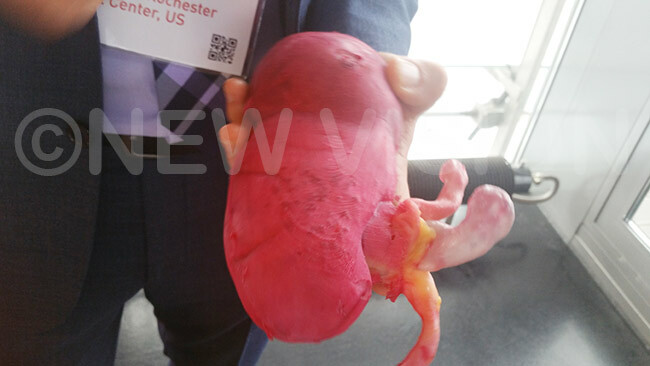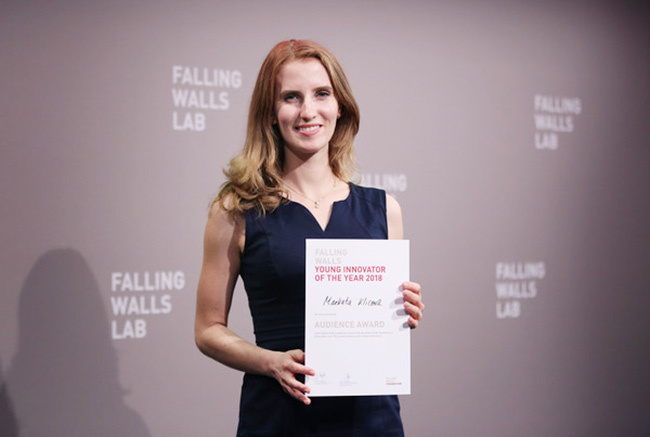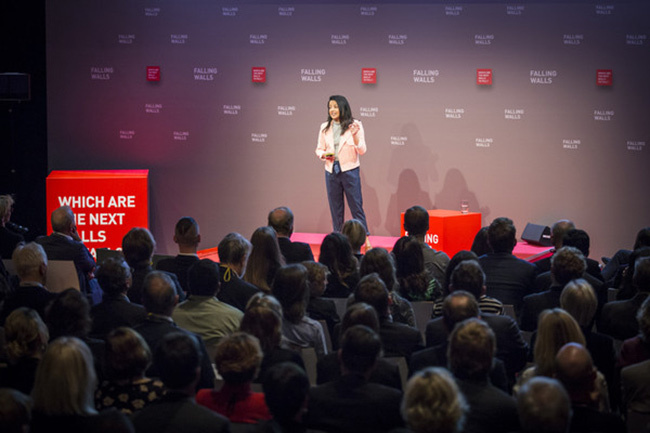Surgical errors could become a thing of the past
If surgeons practiced surgery on a duplicate of the exact organ due for operation, before operating on the actual patient, then surgical errors would be less.
HEALTH|SCIENCE|TECHNOLOGY
Imagine you encounter a maze. You have to go through it to find your way out. On reaching the end and you are asked to go through the maze again. This time round, you will definitely get to the end faster, since you have been through it before.
The same can be compared to surgical errors. If surgeons practiced surgery on a duplicate of the exact organ due for operation, before operating on the actual patient, then surgical errors would be less.
Ahmed Ghazi, a surgeon at the University of Rochester Medical Center developed 3D printed injection molds used to create intricate realistic human organs. These models can be used for doctors to rehearse surgeries and reduce the rate of surgical errors.
 Ghazi displays a replica of a the kidney of a cancer patient who underwent an operation. Photo by Vicky Wandawa
Ghazi displays a replica of a the kidney of a cancer patient who underwent an operation. Photo by Vicky Wandawa
Simply defined, a surgical error is a preventable mistake during surgery. All surgeries involve an element of risk. For that reason, it is typical to sign a form before undergoing surgery that states you understand surgery involves certain known risks. ... Surgical errors are unexpected.
Ghazi presented the innovation at the Falling Walls conference in Berlin, Germany. Falling walls is an international platform for leaders from the worlds of science, business, politics, the arts and society. It was initiated on the occasion of the 20th anniversary of the fall of the Berlin wall.
Inspired by this world-changing event on November 9, 1989, the question of every Falling Walls gathering is: Which walls will fall next? Falling Walls fosters discussion on research and innovation and promotes the latest scientific findings among a broad audience from all parts of society.
Ghazi was among the 100 innovators from all over the world to present their ideas in front of a jury, and he emerged first.
He convinced the jury and won 1st place at the global Falling Walls Lab Finale 2018. Ghazi developed 3D printed injection molds used to create intricate realistic human organs. These models can be used for doctors to rehearse surgeries and reduce the rate of surgical errors.
In an interview with the New Vision, he explained that so far, the innovation has been considered in kidney surgeries.
"We made this kidney before operating on a patient who had a tumour. This was a very difficult surgery to do because if we had removed his whole kidney, he would have ended up on dialysis. So we needed to make sure that the result ended up with removing the tumour and leaving the rest of the kidney," he explained. The replica is done 24 hours before the surgery.
Consequently, the team made a replica of the patient's kidney, and it was placed inside a body cast exactly like the patient's, it had the liver, fat, intestines et cetera, and then the team embarked on the surgery.
 Marketa Klicova, Czech Republic Technical University of Liberec. She won the Audience Award for her presentation of a nano-fiber patch that covers anastomoses to prevent leakage and promote better healing.
Marketa Klicova, Czech Republic Technical University of Liberec. She won the Audience Award for her presentation of a nano-fiber patch that covers anastomoses to prevent leakage and promote better healing.
During the ‘operation', there was unexpected bleeding, and the team learned that there were particular blood vessels that bled a lot, and they were able to avoid that in the actual surgery.
"The tumour was growing inside the kidney. So we needed to figure out how to cut it out. But if we cut it out so much, it would bleed a lot. So we practiced a few times, found out where the tumour was and did a perfect surgery," he notes.
This year makes three years since that patient underwent operation and he is not on dialysis.
Currently, the organs are only created at university of Rochester.
So far, the innovation has been carried out on 60 kidney cancer patients in the US and it has shown a significant difference in the aftermath of surgery.
Extending the innovation to developing countries
Unfortunately currently, the innovation may not be easily available in developing countries due to inadequate infrastructure.
Some of the requirements for making the organs are 3D printers and special freezers.
"In the developing world, the infrastructure might not be there yet. Unless we find a cheaper way to do this, it's going to be difficult, for example I have a 3D printer in my house, and it cost $300 dollars in the US. 3D printers in developing countries cost five times that. There is hope though that if we prove this works, we can get nonprofit organisations to supply to Africa," he says.
Origin of the innovation
Ghazi explains that the organs were originally made for trainees to learn how to do surgery. Then one patient said if they could make a kidney similar to his.
"I told him we did not have enough funding then, and he funded our research with $20,000. That money went a long way in aiding the research. Another donor, a musician, donated almost $100,000 dollars towards the research," says Ghazi.
It has taken the team five years to get to its current stage.
"We had a product in the first two years, it's the refining that took a while, because it has to be perfect," he adds.
 Ankita Poudyal, Nepal Auckland University of Technology is working on nano-fiber filters that efficiently remove particles and enable good flow with the help of surface coating technology.
Ankita Poudyal, Nepal Auckland University of Technology is working on nano-fiber filters that efficiently remove particles and enable good flow with the help of surface coating technology.
About Falling Walls
The Falling Walls Foundation, a charity, is generously supported by the German Ministry for Education and Research, the Robert Bosch Stiftung, the Helmholtz Association, the Berlin Senate and numerous other acclaimed academic institutions, foundations, companies, non-governmental organisations and prominent individuals.
Other winners
Adam Fulop, Hungary, Budapest University of Technology won 2nd place at the Falling Walls Lab Finale 2018. His reading glove converts printed text into braille in real time, making printed text accessible to blind and partially sighted people.
Ankita Poudyal, Nepal, Auckland University of Technology is working on nano-fiber filters that efficiently remove particles and enable good flow with the help of surface coating technology. These two functions are mutually exclusive in conventional filters.
The Audience Award went to Marketa Klicova for her presentation of a nano-fiber patch that covers anastomoses to prevent leakage and promote better healing.
RELATED TO THE STORY